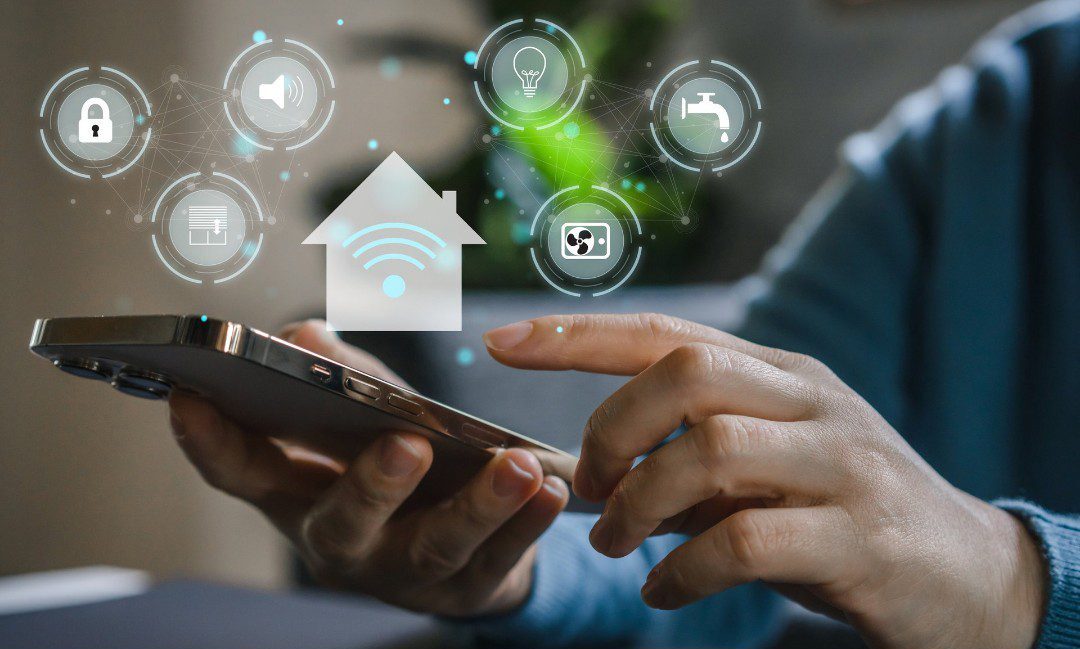In an age where technology is rapidly advancing, the concept of smart homes is gaining traction not only for convenience but also for its potential to revolutionize elderly care. For homeowners and businesses alike, understanding how smart homes can benefit the elderly is crucial. This article delves into the myriad ways smart home technologies are enhancing the lives of seniors, offering a blend of safety, comfort, and independence.

Understanding Smart Homes
Smart homes are residences equipped with devices that automate tasks normally handled by humans. These devices are connected through the internet, allowing for remote management and control. From lighting and heating to security and entertainment, smart homes provide a seamless living experience. For the elderly, these technologies offer an added layer of security and ease, making everyday tasks less burdensome.
Implementing smart home solutions can significantly improve the quality of life for seniors. As per a TechRadar guide, setting up a smart home not only involves selecting the right devices but also understanding the specific needs of the occupants.
Key Benefits of Smart Homes for the Elderly
Enhanced Security
One of the primary concerns for seniors living alone is security. Smart homes can offer peace of mind through advanced security systems. These systems include smart locks, video doorbells, and security cameras that can be monitored remotely. This ensures that the elderly are safe and secure, with the ability to control access to their home.
For a deeper understanding of how smart homes enhance safety, you might want to explore the smart home automation examples provided by IoTXTech.
Health Monitoring
Smart homes are equipped with health monitoring systems that track vital signs and alert family members or healthcare providers in case of anomalies. Devices like smartwatches and wearable health monitors can detect falls or irregular heartbeats, ensuring prompt medical assistance is available when needed.
Convenience and Comfort
For seniors, daily tasks can become challenging. Smart home devices such as voice-activated assistants, automated lighting, and thermostats simplify these tasks, allowing for greater autonomy. These technologies not only provide convenience but also improve the overall living environment.
To see how smart homes impact daily life, check out smart home daily life examples on IoTXTech.
Challenges and Considerations
While the benefits are substantial, there are challenges to consider. The cost of implementing smart home technologies can be high, and the learning curve for elderly users can be steep. Ensuring that these technologies are user-friendly and accessible is paramount.
Moreover, privacy and data security concerns are prevalent. It is essential to ensure that the devices are secure and that personal data is protected from potential breaches.
The Future of Smart Homes for the Elderly
The future of smart homes is promising, with innovations continually emerging. The integration of AI and machine learning into smart home systems will offer predictive and personalized solutions for elderly care. For insights into future innovations, visit IoTXTech's article on future smart home innovations.
As technology evolves, the focus will increasingly be on developing solutions that cater specifically to the elderly, enhancing their quality of life and ensuring they can live independently for longer.

FAQs
Are smart home devices easy for the elderly to use?
Yes, many smart home devices are designed with user-friendliness in mind, often featuring voice commands and simple interfaces.
Can smart homes really improve the safety of seniors?
Absolutely, smart homes enhance safety through advanced security systems and health monitoring devices, providing peace of mind for both the elderly and their families.
What are the costs associated with setting up a smart home?
The costs can vary widely depending on the complexity and number of devices. However, the long-term benefits often outweigh the initial investment.
In conclusion, smart homes present a transformative opportunity to enhance the lives of the elderly, offering solutions that promote safety, comfort, and independence. As the technology continues to evolve, it promises a future where seniors can enjoy a more autonomous and fulfilling lifestyle.

